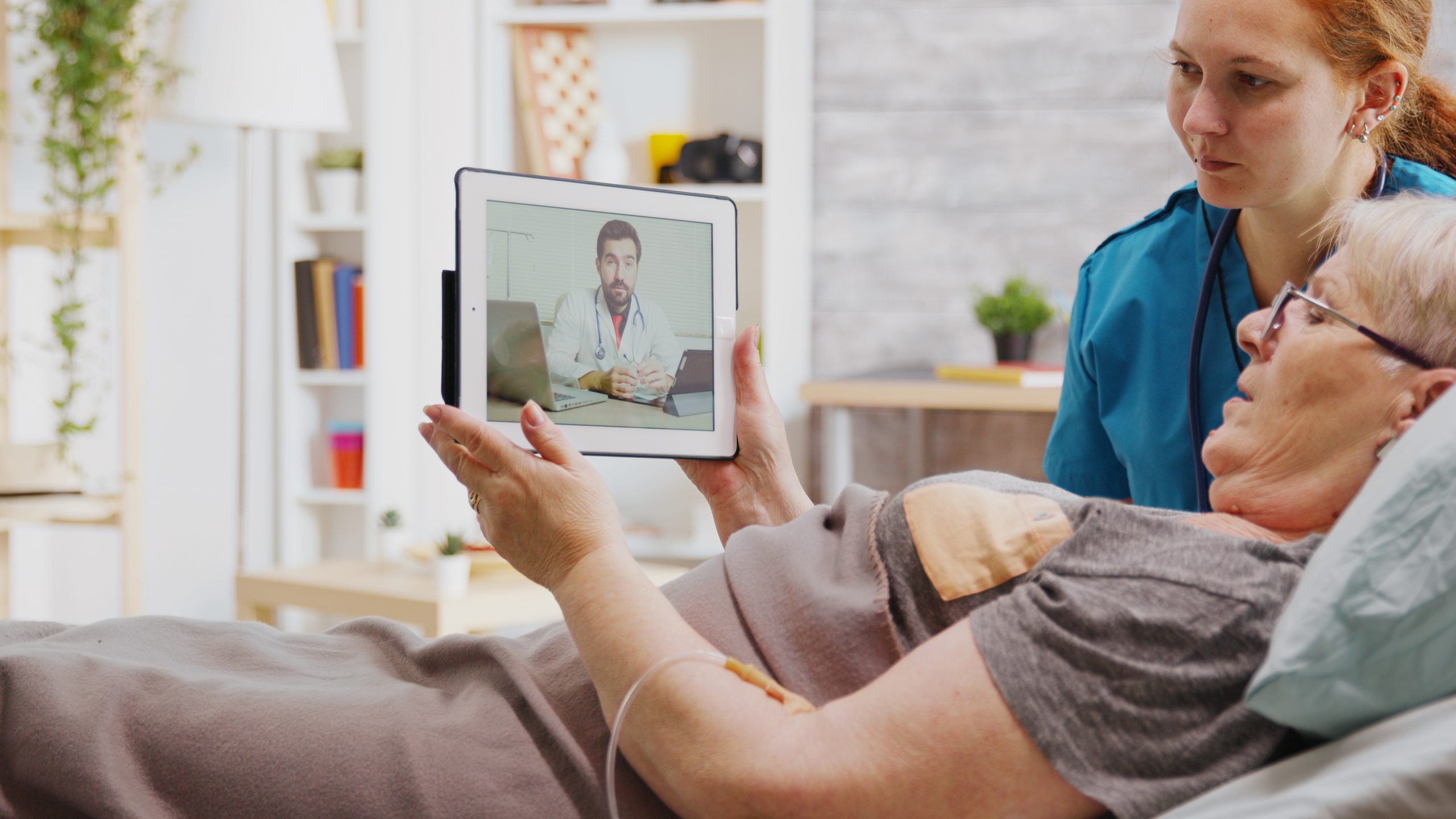The advancement of remote care, in any service, is something that is irreversible in the world: from banking, education, retail and now in healthcare. This is digital transformation. The physical and digital have never been so close, creating what we can call “phygital”. And in medicine it is no different. Telemedicine has emerged to brilliantly and efficiently unite these two worlds. But how can this be done if there are still barriers to its full potential, post-pandemic?
With the imminent definitive regulation of telehealth, there are two central points in question, raised by the Regional Council of Medicine (CRM). Brazil, unlike what happens in the rest of the world, intends to maintain a limit on the first consultation and require that it be exclusively in person. Countries in Europe, the United States, India, Canada, South Africa, Mexico, and Argentina allow the first consultation to be carried out remotely. They limit this in order to give the doctor and the patient the autonomy to decide whether that first consultation can, in fact, be carried out remotely.
The NHS, the British healthcare system that served as an example for the creation of our SUS, advocates exactly the opposite and advises that the first consultation should preferably be digital. This is because it recognizes that telemedicine has the ability to place the right patient in the right place, avoiding waste, improving the patient experience and speeding up diagnosis, making more assertive interventions in shorter times and avoiding delays.
Another point is the issue of territoriality, which has no legal basis in the country. What defines this aspect today from the point of view of medicine in Brazil is a law from 1957, which states that when a doctor moves from one state to another to provide services, he or she must inform the CRM that he or she is providing services in that state and the location. However, considering that, in telemedicine, the professional remains at his or her address and receives the patient remotely, this does not change the fact that the service is provided in the location where the doctor's office is located. Not least because Complementary Law 116/2003 determines that the location for providing remote services is the location where the provider is located.
The point is that, in my view, both questions make no sense at all. As a telehealth specialist, I affirm that it is not the first consultation, the follow-up consultation or any other consultation that should or should not be done via telemedicine. The person who determines this is the patient, first and foremost. Then the doctor, using the technology and scientific knowledge available.
Not to mention that telemedicine can be used even more broadly, and the platforms can be used not only during remote consultations but also during face-to-face consultations with the patient. In this case, the doctor can contact a specialist, seek support for his/her clinical decision, etc. It can bring people closer together and make them more human. Yes, that's right, it doesn't alienate or dehumanize them. After all, what is more humane, treating a patient via telemedicine or forcing them to go in person and travel for ten days to see a specialist? That is the time, for example, it takes for someone who lives in São Gabriel da Cachoeira to travel to Manaus to see a specialist, using a boat as a means of transportation. In addition, I have countless reports of people who have been waiting for three years for a neuropediatric consultation and today the time to schedule an appointment is three days. And telemedicine has changed this scenario.
This is just one example of the advantages. However, it is a fact that if we limit telemedicine medical practice by territory, we will keep different categories of citizens in our public health system, going against what everyone in this country wants to change. This is not equity and cannot be an egalitarian public policy.
Therefore, we cannot allow Brazil to continue to lag behind. Technological advances in telemedicine in our country have been stagnant for about 20 years, given that the last regulation was in 2002. Until then, there was no clear determination of what could and could not be done, causing legal uncertainty. And, without legal certainty, there is no technological development or training of professionals.
We believe in comprehensive telehealth and its vital role in achieving our goals and ensuring dignified, quality, yet agile, efficient and rational care for all Brazilians.
It is up to each patient to decide whether or not to have remote care, and it is up to the doctor to assess whether or not a remote consultation using technology is appropriate. It is this autonomy of choice that should guide the act of caring for people. We, as Brazilians, cannot allow this right to choose to be usurped.
We need to once and for all be clear about the idea that the future of medicine and telehealth are one and the same, after all, the world we live in today is already “phygital”. The issue is not just about the future, but if we maintain the restrictions, we will be condemned to live in the past, with no prospect of improvement for the current present.
Eduardo Cordioli, president of Digital Health Brazil





